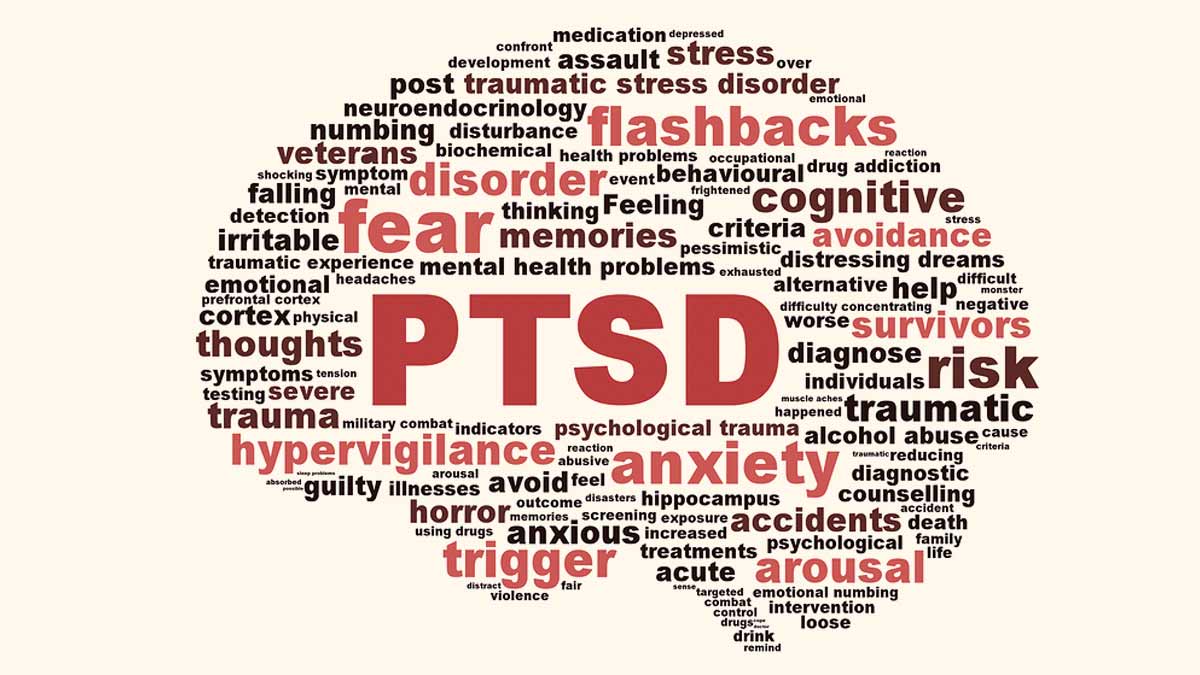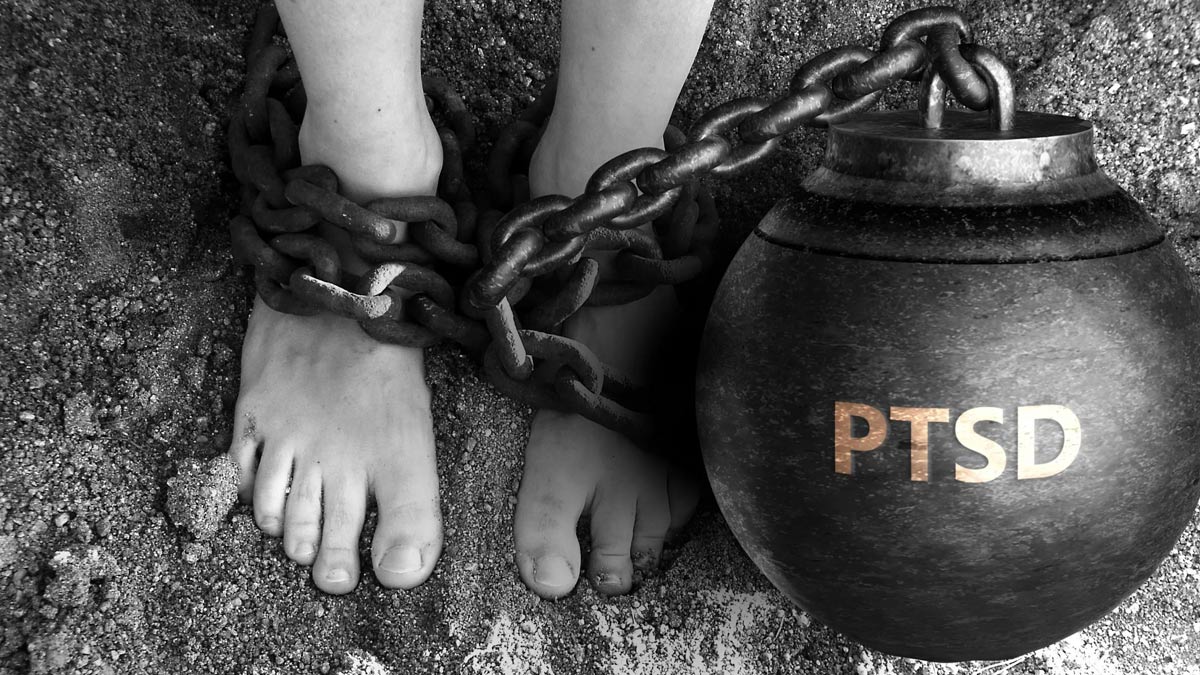
Complex Post-Traumatic Stress Disorder (C-PTSD) is a mental health condition that combines the symptoms of PTSD with additional emotional challenges, creating a complex landscape for individuals seeking emotional well-being. Therapist Linda Meredith unveils crucial insights into self-care practices that empower individuals to regain control over their emotions and foster a healthier response to their experiences.
Table of Content:-
Self-Care Tips To Deal With PTSD

The Crucial Role of Consistency
Establishing a consistent self-care routine becomes the bedrock for emotional stability among those grappling with C-PTSD. Consistency involves incorporating self-pampering activities, dedicating quiet moments for self-reflection, and engaging in mindfulness practices into daily life. By making self-care a reliable and habitual part of one's routine, individuals lay the groundwork for emotional recovery.
Boundaries: Building a Fortress for Self-Protection
Maintaining healthy boundaries is imperative for safeguarding physical, mental, and emotional well-being. Individuals dealing with C-PTSD must articulate the significance of boundaries to others, ensuring a safe space for personal growth. Clear and defined limits play a crucial role in creating a protective shield against potential triggers that could exacerbate the challenges associated with C-PTSD.
Also Read: Complex PTSD and Dissociation: 6 Techniques To Cope With It According To The Expert
Self-Compassion: Embracing Empathy
In the face of self-criticism, cultivating self-compassion becomes a transformative practice for individuals with C-PTSD. This involves refraining from harsh self-judgments, fostering empathy towards oneself, and cultivating a more understanding and compassionate inner dialogue. Celebrating personal growth, even in small victories, contributes significantly to building resilience and emotional stability.
Support System: A Lifeline in Challenging Times
The creation of a supportive community is pivotal for navigating the intricate complexities of C-PTSD. Identifying safe and uplifting individuals forms the cornerstone of a robust support system. Whether through connections with friends, family, or support groups, these relationships serve as vital lifelines during challenging times, fostering a profound sense of security and understanding.
View this post on Instagram
Mindfulness: Anchoring Techniques for Emotional Stability
Mindfulness practices, encompassing deep breathing, yoga, and meditation, emerge as powerful tools for maintaining emotional stability amid the turbulence of C-PTSD. These techniques facilitate heightened self-awareness, enabling individuals to anchor themselves in the present moment and mitigate the impact of traumatic memories.
Also Read: Post Traumatic Stress Disorder (PTSD): Symptoms, Causes, Treatment
Self-Awareness: The Path to Healing
Delving into self-awareness becomes a transformative journey for individuals with C-PTSD. Understanding the origins of challenging emotions, addressing deep-seated feelings, and fostering introspection contribute to emotional regulation. Enhanced self-awareness empowers individuals to navigate their responses in a healthier and more adaptive manner, fostering resilience.
Bottomline
Navigating the intricate landscape of C-PTSD demands a holistic approach to self-care. Therapist Linda Meredith's profound insights illuminate the pillars of successful self-care, emphasizing the importance of consistency, boundaries, self-compassion, a robust support system, mindfulness practices, and self-awareness. By incorporating these essentials into daily life, individuals with C-PTSD can embark on a transformative journey towards holistic well-being and emotional resilience, ultimately reclaiming control over their lives.
Also watch this video
How we keep this article up to date:
We work with experts and keep a close eye on the latest in health and wellness. Whenever there is a new research or helpful information, we update our articles with accurate and useful advice.
Current Version